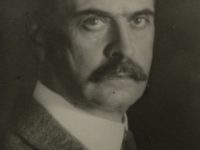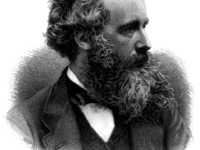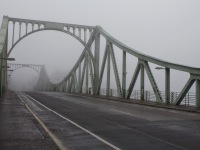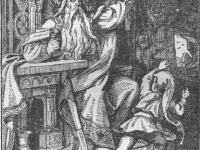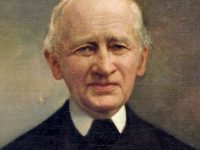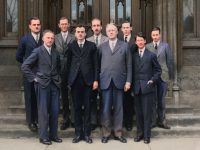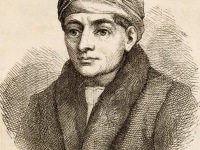Karl Landsteiner and the Blood Classification System
On June 14, 1868, Austrian biologist, physician, and immunologist Karl Landsteiner was born. Landsteiner distinguished the main blood groups in 1900, having developed the modern system of classification of blood groups from his identification of the presence of agglutinins in the blood, and identified, with Alexander S. Wiener, the Rhesus factor, in 1937, thus enabling physicians to transfuse blood without endangering the patient’s life. “A single kind of red cell is supposed…
Read more

